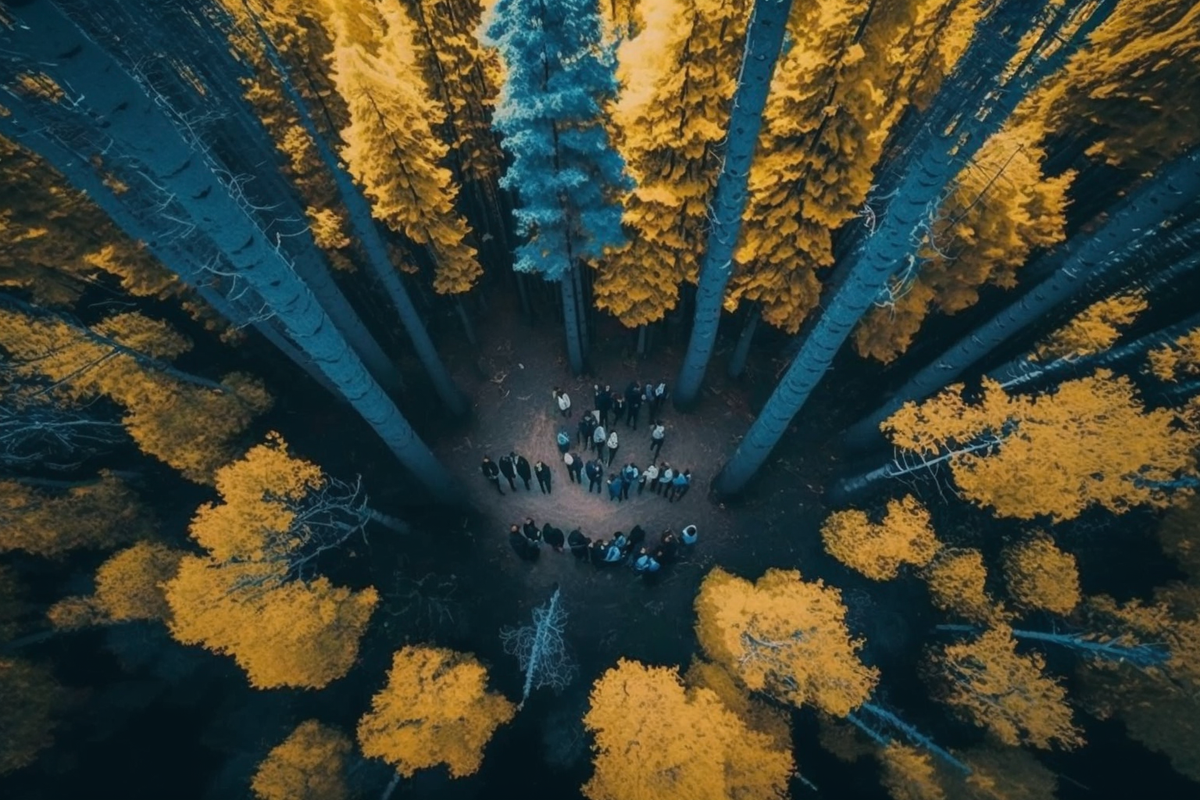#5 Research, Problem Solving and Call of Duty

It's rainy Thursday evening. You turn on Playstation, lunch Call of Duty, first game, medium size map. Early in the round your team takes out almost everyone fast. There is one guy left, there is five of you. Clock is ticking, that guy is still out there. What do you do? Do you go search the area to find him? Do you wait in strategic overlook position? Do you just wait still, doing nothing, because one of so many teammates will get him and it is pointless to even move?
If you are competitive and want to get to him first for the fame and glory, how do you go about it? Is it all random and if you all go out in different direction someone will find him? Or are there clues, tactics that will give you higher chance of succeeding? Although luck and randomness seem to play a big part here, there are ways to increase your odds. The better you know the game, the more likely you are to predict enemy's position.
Looking at the landscape of research and innovation a lot of times it will feel the same way. There is a group of people embarking on a journey to unknown in hopes of finding what they are looking for. They would mostly spread out in different directions and search their area [of expertise]. In some cases that journey may take 10, 30, 50 years. In most of these cases nothing useful is found. There is an estimate of 300,000 AI researchers on the planet. They all work in hopes of finding new breakthrough. Then there is Elon Musk. Whether it is him alone or a small team of talented people with him, for some reason they are the ones most likely to find it.
Let's stop for a second to exclude pure luck from the equation here. Elon Musk is behind Zip2, Paypal, Tesla, SpaceX, OpenAI, xAI, X Corp Twitter. Steve Jobs is behind Apple computers, Pixar, Iphone, Ipod Nano. Alex Hormozi is behind Gym Launch, Aquisition.com, $100M Offers (300k copies sold), Alex Hormozi youtube (1.44M subs). Regardless of the scale, these people are serial entrepreneurs, serial high odds pathfinders. It doesn't matter if they had other ventures that failed. It matters that they succeeded more than once in areas of extremely low probability.
What do they do differently?
Expanding perspective. 100 x - 1M x potential gains from solving the problem they are attacking are so high that even if they spent 70 years on it, spent all their money, it would still pay off. It is way easier to quit if the work investment outweighs the gains. With so much to win, there is no force that can unglue them from that path. I've recently watched xAI founders meeting where Elon talks about AI using 10M Watts still not being able to write a novel so good as human brain using 10 Watts can. While everyone is ecstatic about the power of GPT 4.0, Elon's eyes are on the fact that our technology is 6 orders of magnitude weaker than existing human capabilities.
People with answers will 1 million x the speed of anything you do. It is not uncommon that in work I would be on a meeting answering questions to people in few seconds, that normally would take them 3 weeks to find the answers elsewhere. That is if they find them at all. Having access to people that have the answers is the highest leverage lifehack ever found.
Really challenging the assumptions to a concrete bottom, entire frame of reasoning, bringing it down to most fundamental aspects and questions. Electric car was invented before the gasoline car. Combustion engine model won with electric engine, because of its power. Humanity for over 100 years operated under the assumption that electric cars are slow. One day Elon Musk comes in asking "well are they really?". He puts electric engine in Lotus Elise chassis getting it to 0-60mph in 3.7 seconds in 2010. For comparison 2010 high power 505HP Corvette C6 Z06 was clocking that speed in 3.6 seconds. Hundred years old witchcraft belief was debunked.